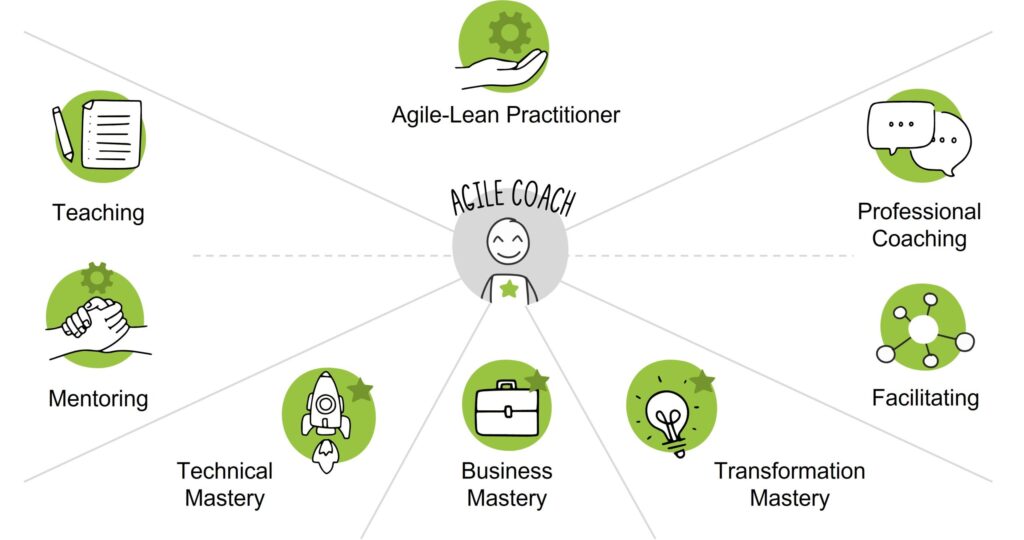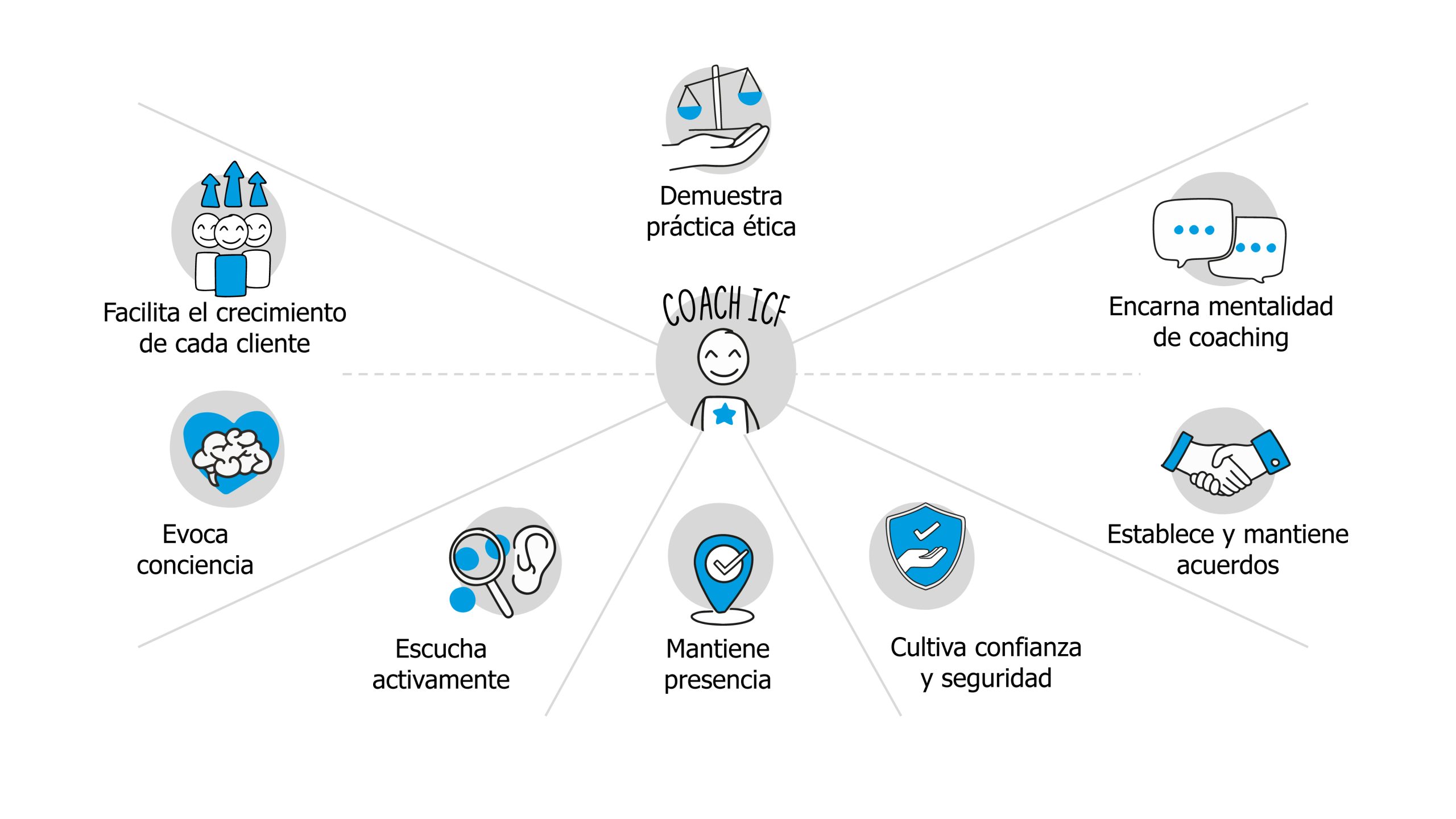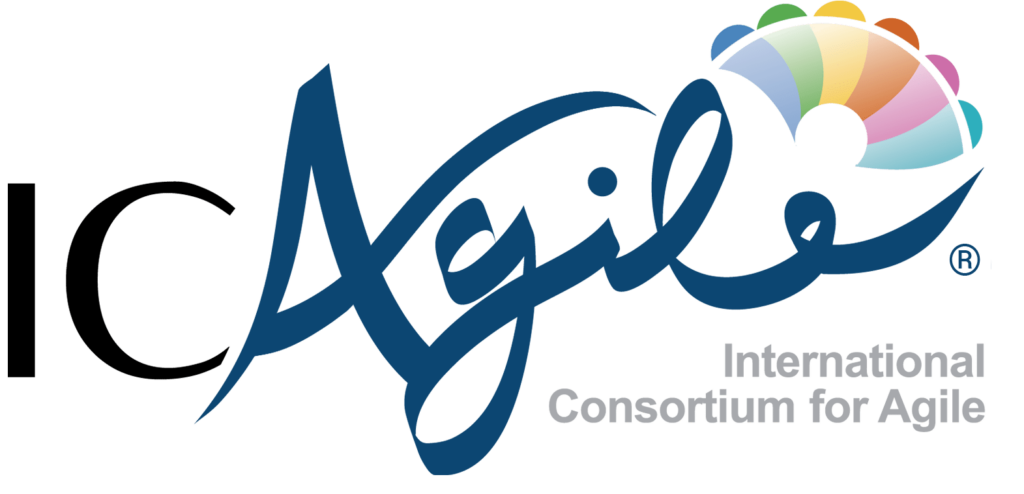Agile Coaching
“Agile Coaching is 40% doing and 60% being”
Lyssa Adkins

CERTIFICATE AS
PROFESIONAL AGILE COACH
The Agile Coachhas become a key figure in accompanying organizations in the challenge of agile transformation.
That is why highly effective competency profiles are needed to drive high-performance teams.
Professional Agile Coaches can make a difference in the results they achieve, as they will know how to help people unleash their highest potential.
KNOW THE COMPETENCES
OF A PROFESSIONAL AGILE COACH


What makes a Professional Agile Coach different
A Professional Agile Coach has integrated in his ways of being and doing the competencies of a Professional Coach.
Professional Coaching is the cross competency on which an Agile Coach leverages to take forward all the challenges he/she encounters.
“Agile Coaching is more about who you are and what behaviors you model than it is about any specific techniques or ideas you bring to the team. You are more what you are trying to teach them to be.”
Lyssa Adkins




